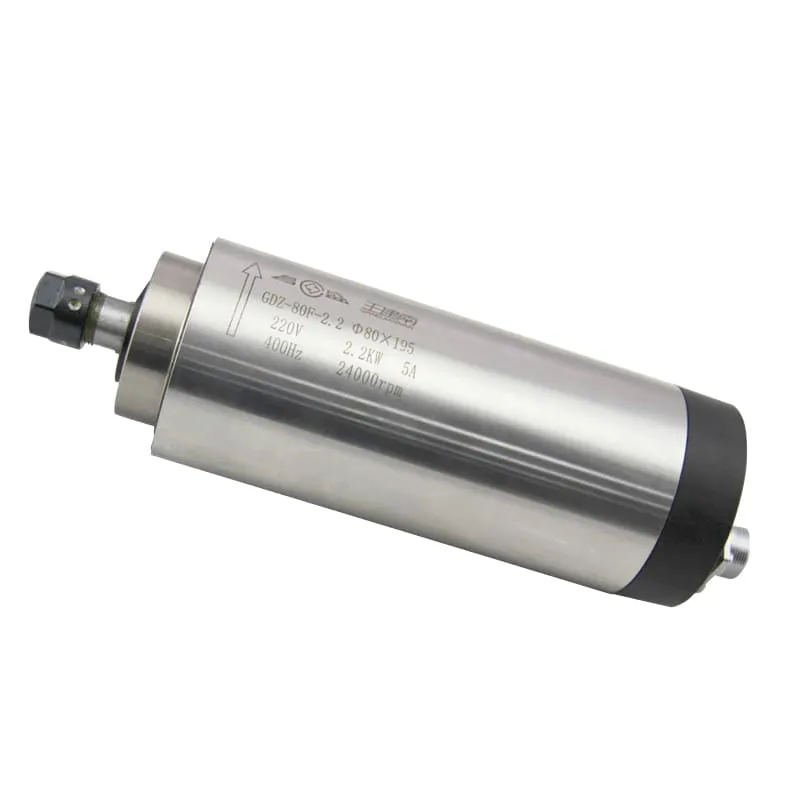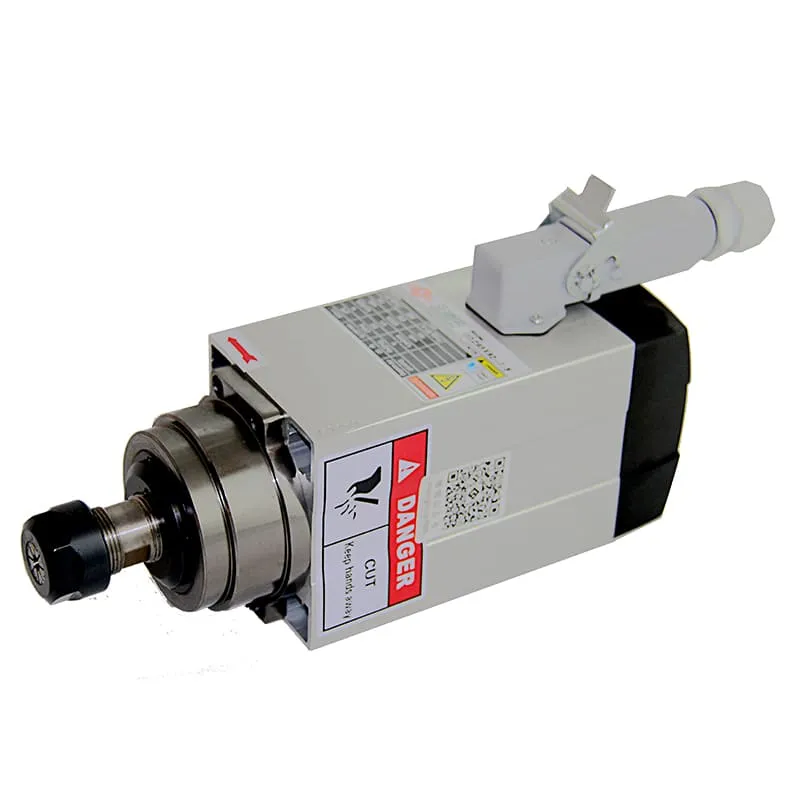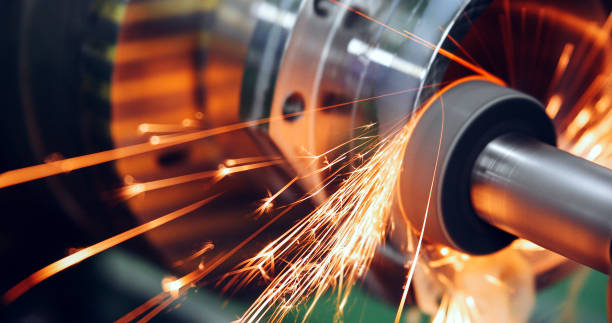How Long Does It Take to Get CNC Certified?
In the rapidly evolving world of manufacturing, Computer Numerical Control (CNC) machining has become an integral part of production processes. As industries increasingly rely on CNC technology, the demand for skilled CNC machinists continues to grow. For those considering a career in this field, one of the most common questions is: how long does it take to get CNC certified? Let’s dive into this topic and explore the journey to becoming a certified CNC machinist.
Understanding CNC Certification
Before we delve into the timeline, it’s crucial to understand what CNC certification entails. CNC certification is a formal recognition of an individual’s skills and knowledge in operating CNC machines. These machines use computerized controls to cut, shape, and create three-dimensional objects from various materials, including metals and plastics.
Certification programs typically cover areas such as:
- CNC programming
- Machine setup and operation
- Quality control and inspection
- Safety procedures
- Troubleshooting and maintenance
Obtaining certification demonstrates to employers that you have the necessary skills to operate CNC machines efficiently and safely.
The Path to CNC Certification
The journey to becoming a certified CNC machinist can vary depending on several factors, including your background, the type of certification you’re pursuing, and the learning path you choose. Let’s break down some common routes:
- Vocational Programs: Many technical schools and community colleges offer CNC machining programs. These typically range from 6 months to 2 years, depending on whether you’re pursuing a certificate or an associate degree.
- Apprenticeships: Some companies offer apprenticeship programs that combine on-the-job training with classroom instruction. These programs usually last 3-4 years.
- Online Courses: With the advent of e-learning, some organizations now offer online CNC certification courses. These can be completed in as little as a few weeks to several months, depending on the depth of the program and your dedication.
- Manufacturer-Specific Certifications: Some CNC machine manufacturers offer their own certification programs. These can range from a few days to several weeks.
Factors Affecting Certification Time
Several factors can influence how long it takes to get CNC certified:
- Prior Experience: Those with a background in machining or related fields may complete certification faster.
- Learning Pace: Some individuals may grasp concepts quicker than others.
- Program Intensity: Full-time programs will naturally be completed faster than part-time options.
- Certification Level: Basic certifications may be obtained quicker than advanced ones.
The Role of Practical Experience
While theoretical knowledge is crucial, practical experience plays a significant role in CNC certification. Many programs include hands-on training as part of their curriculum. This practical component is essential for developing the skills needed to operate CNC machines effectively.

For instance, working with various types of CNC spindles, like the 2.2KW ER16 Air-Cooled Spindle, can provide valuable experience in understanding different machine configurations and capabilities.
The Importance of Continuous Learning
It’s worth noting that getting certified is just the beginning of your CNC career. The field of CNC machining is constantly evolving, with new technologies and techniques emerging regularly. Successful CNC machinists engage in continuous learning to stay updated with the latest advancements.
Career Prospects for Certified CNC Machinists
Once certified, CNC machinists can find opportunities in various industries, including:
- Aerospace
- Automotive
- Medical device manufacturing
- Consumer goods production
The career path can lead to roles such as:
- CNC Operator
- CNC Programmer
- CNC Setup Technician
- Manufacturing Engineer
- Production Manager

As you progress in your career, you might work with more advanced equipment like the 1.5KW ER11 Square Air-Cooled Spindle with Flange, which requires specialized knowledge and skills.
The Investment in CNC Certification
While the time investment in getting CNC certified is significant, it’s important to consider the long-term benefits. CNC machinists are in high demand, and the skills acquired through certification can lead to stable, well-paying careers in manufacturing.
According to the U.S. Bureau of Labor Statistics, the median annual wage for CNC machine tool programmers was $57,740 in May 2020, with the top 10% earning more than $84,550.
Choosing the Right Certification Program
When selecting a CNC certification program, consider the following factors:
- Accreditation of the program
- Curriculum content and depth
- Hands-on training opportunities
- Job placement assistance
- Cost and financial aid options
It’s also beneficial to research the specific needs of employers in your area to ensure the certification you’re pursuing aligns with industry demands.
The Role of Soft Skills in CNC Machining
While technical skills are crucial, don’t underestimate the importance of soft skills in your CNC career. Skills such as:
- Problem-solving
- Attention to detail
- Communication
- Teamwork
These can significantly enhance your effectiveness as a CNC machinist and contribute to career advancement.
Challenges in CNC Certification
Getting CNC certified isn’t without its challenges. Some common hurdles include:
- Technical Complexity: CNC programming can be complex, requiring a strong understanding of mathematics and spatial reasoning.
- Keeping Up with Technology: The rapid pace of technological advancement in CNC machining means continuous learning is necessary.
- Physical Demands: CNC machining can be physically demanding, requiring long hours of standing and precise hand movements.
- High-Pressure Environment: Many manufacturing settings operate under tight deadlines, which can create a high-pressure work environment.
Understanding these challenges can help you prepare better for your certification journey.
The Future of CNC Machining
As we look to the future, the field of CNC machining continues to evolve. Emerging trends include:
- Integration of artificial intelligence and machine learning
- Increased use of multi-axis machining
- Growing adoption of hybrid manufacturing techniques
- Greater emphasis on sustainable manufacturing practices

Advanced machines like the 2.2KW ER20 Air-Cooled Spindle are at the forefront of these technological advancements, showcasing the industry’s direction.
Staying informed about these trends can help you remain competitive in the field and potentially shape your specialization within CNC machining.
The Global Perspective on CNC Certification
It’s worth noting that CNC certification standards can vary globally. While the core skills remain similar, different countries may have specific certification requirements or preferred programs. If you’re considering an international career in CNC machining, research the certification standards in your target countries.
Balancing Education and Experience
While formal certification is valuable, many employers in the CNC machining field also highly value practical experience. Some machinists start their careers without formal certification, learning on the job and potentially pursuing certification later.
However, having both education and experience can give you a significant advantage in the job market. It demonstrates both theoretical knowledge and practical skills, making you a more well-rounded candidate.
The Role of Mentorship in CNC Training
Mentorship can play a crucial role in your journey to becoming a certified CNC machinist. Many experienced machinists are willing to share their knowledge and insights with newcomers to the field. This can provide valuable real-world context to your formal training and help you develop problem-solving skills that are essential in CNC machining.
FAQs
1. What is the minimum education required to start CNC certification?
Most CNC certification programs require a high school diploma or equivalent. Some basic understanding of mathematics, particularly geometry and trigonometry, is beneficial.
2. Can I get CNC certified online?
Yes, there are online CNC certification programs available. However, these often need to be supplemented with hands-on training to develop practical skills.
3. How much does CNC certification cost?
The cost can vary widely depending on the program and institution. It can range from a few thousand dollars for short certificate programs to $20,000 or more for associate degree programs at community colleges.
4. Is CNC certification necessary to work as a CNC machinist?
While not always mandatory, certification can significantly improve your job prospects and potentially lead to higher starting salaries.
5. How often do I need to renew my CNC certification?
This varies depending on the certifying body. Some certifications require renewal every few years, while others are valid indefinitely. However, continuous learning is recommended to stay updated with industry advancements.
Conclusion
The journey to becoming a certified CNC machinist is a rewarding one that opens doors to a thriving career in advanced manufacturing. While the time it takes to get CNC certified can vary, typically ranging from a few months to a couple of years, the investment is well worth it for those passionate about precision engineering and technology.
Remember, certification is just the beginning. The field of CNC machining offers endless opportunities for growth and specialization. Whether you’re fascinated by the intricate workings of air-cooled spindles or drawn to the precision of multi-axis machining, there’s always something new to learn and master in this dynamic field.
As you embark on your CNC certification journey, stay curious, embrace challenges, and never stop learning. The world of CNC machining is waiting for skilled, certified professionals like you to shape the future of manufacturing. So, take that first step today – your exciting career in CNC machining awaits!

